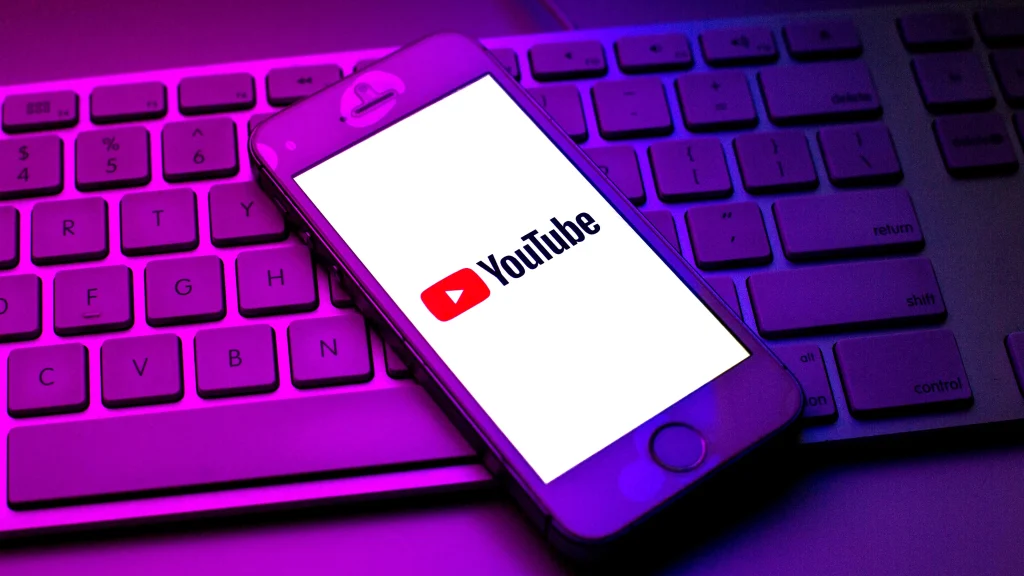YouTube has announced that it will no longer monetize videos that lack real human input, including those using AI-generated voices, poorly edited compilations, or reused footage with no added value. The new policy, which took effect on July 15, 2025, marks a major change in how the platform rewards originality.
Over the past year, YouTube has been flooded with what critics call “AI slop”—content made from synthetic voices, stock clips, and little or no commentary.
These include fake movie trailers, TikTok-style quote videos, and silent slideshows. Though technically “new,” such content has been criticized as creatively empty.
The wave of low-effort videos has frustrated advertisers, long-time content creators, and viewers. YouTube’s updated rules aim to restore quality and trust by insisting on genuine storytelling, human voice, and creative effort.
Under the revised YouTube Partner Program, videos that use AI voiceovers without any human narration will no longer qualify for monetization. Compilation or slideshow-style videos with minimal editing or insight will also be ineligible. Even reused clips, such as reaction videos or game streams, must now include clear transformation—such as commentary, education, or creativity.
Channels will still need to meet the usual thresholds—1,000 subscribers and 4,000 public watch hours, or 10 million Shorts views in 90 days—but will now also need to prove their content is original and adds value to remain eligible for monetization.
YouTube clarified that it is not banning the use of AI tools completely. However, content must still reflect real human creativity. This includes video essays with personal narration, news recaps with original analysis, and tutorials where creators speak in their own voice.
If the content appears to be a quick machine-generated product, it will be demonetized.
The change is not just technical—it reflects a shift in YouTube’s values. The platform is doubling down on authenticity and is sending a strong message to advertisers and creators alike: quality matters. While low-effort videos may still appear in search results, they will not generate income for their creators.
The new policy could put pressure on AI-focused content farms that rely on mass production, while giving a competitive edge to smaller creators who focus on originality and build genuine online communities.
To stay eligible after July 15, YouTube urges creators to use their real voices, share unique perspectives, and meaningfully transform reused material across all their videos—not just a select few.




